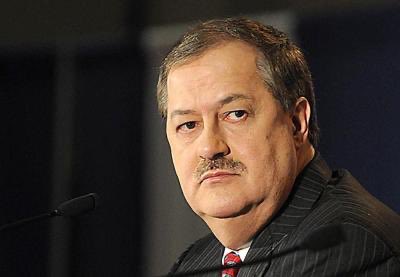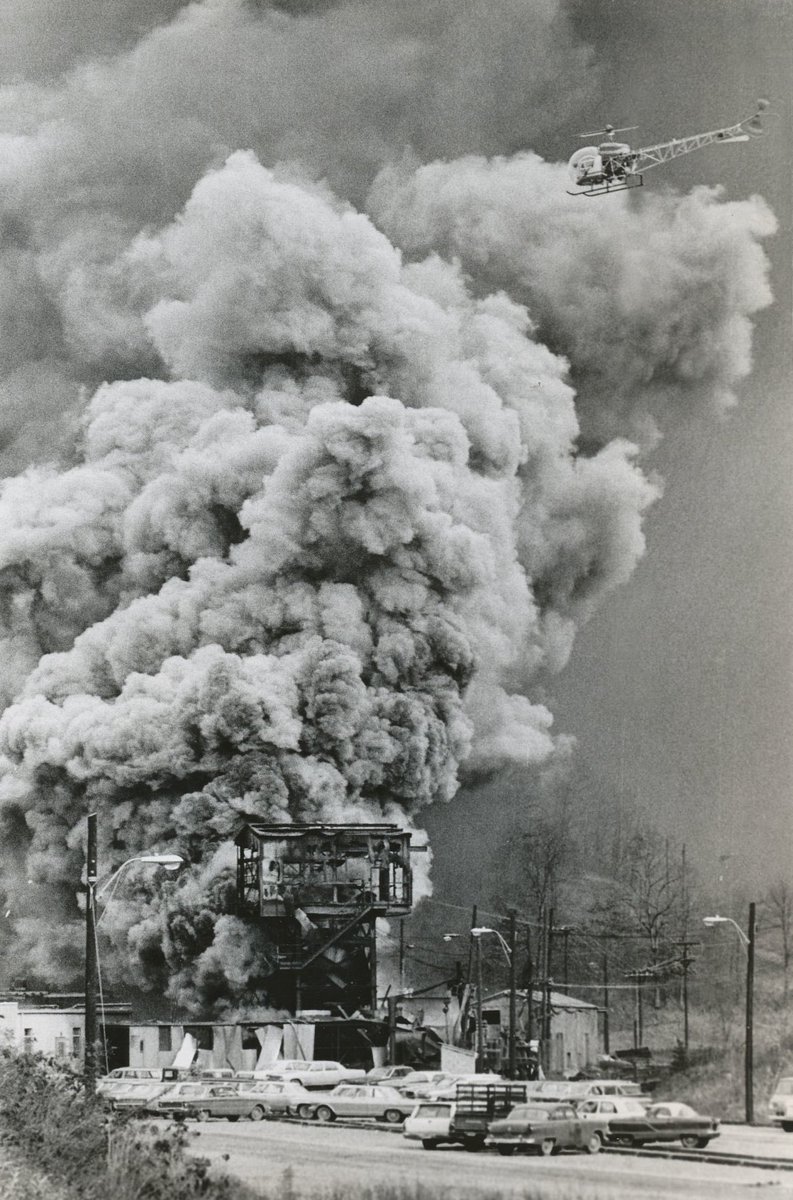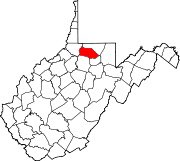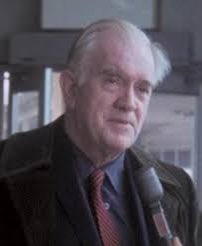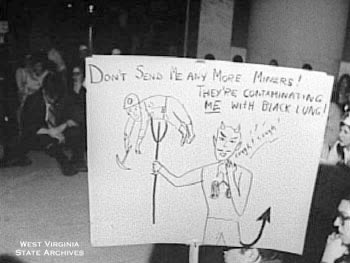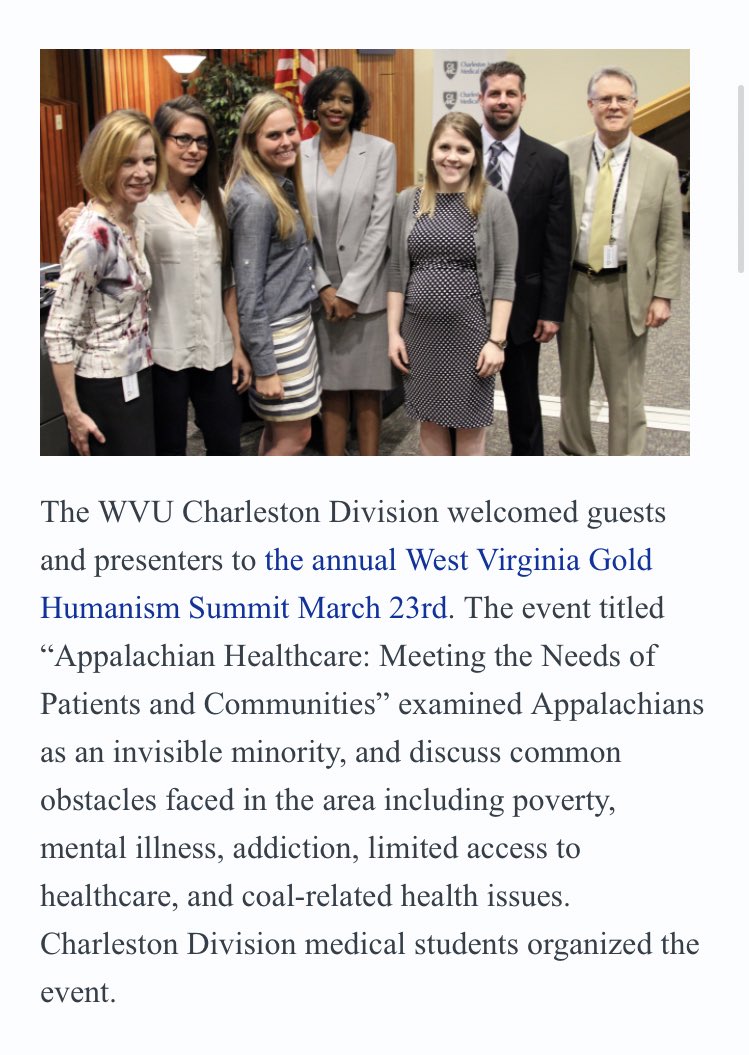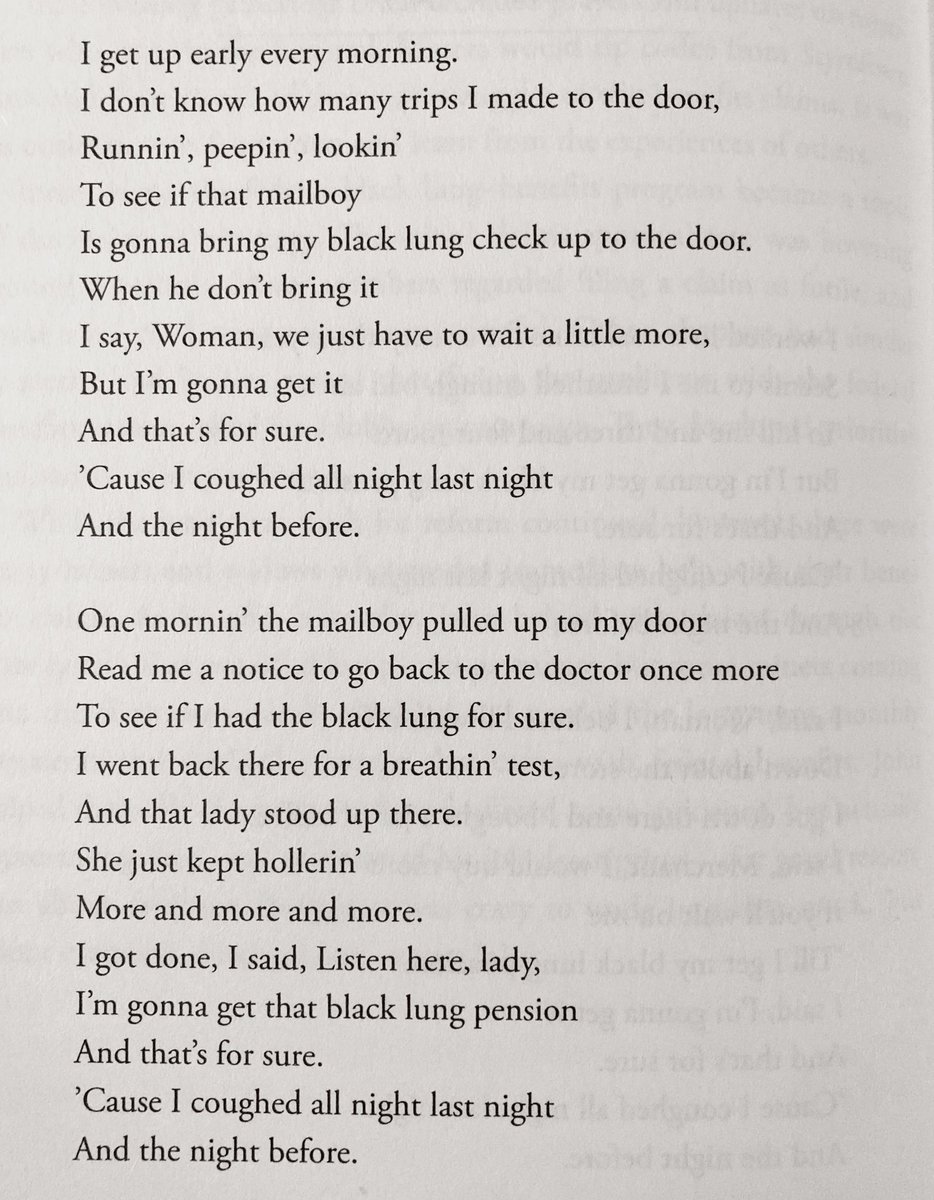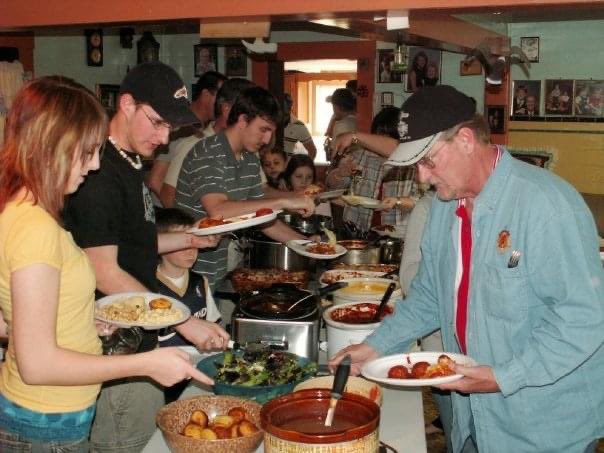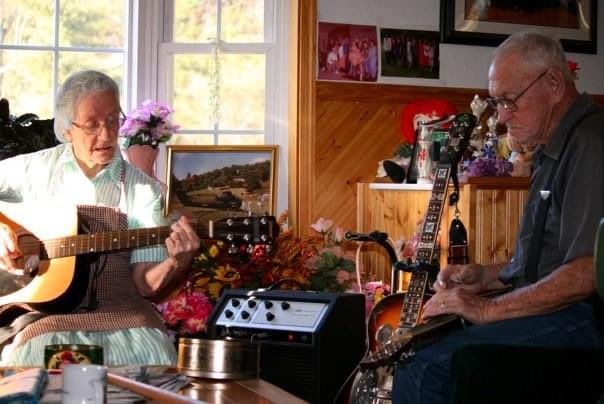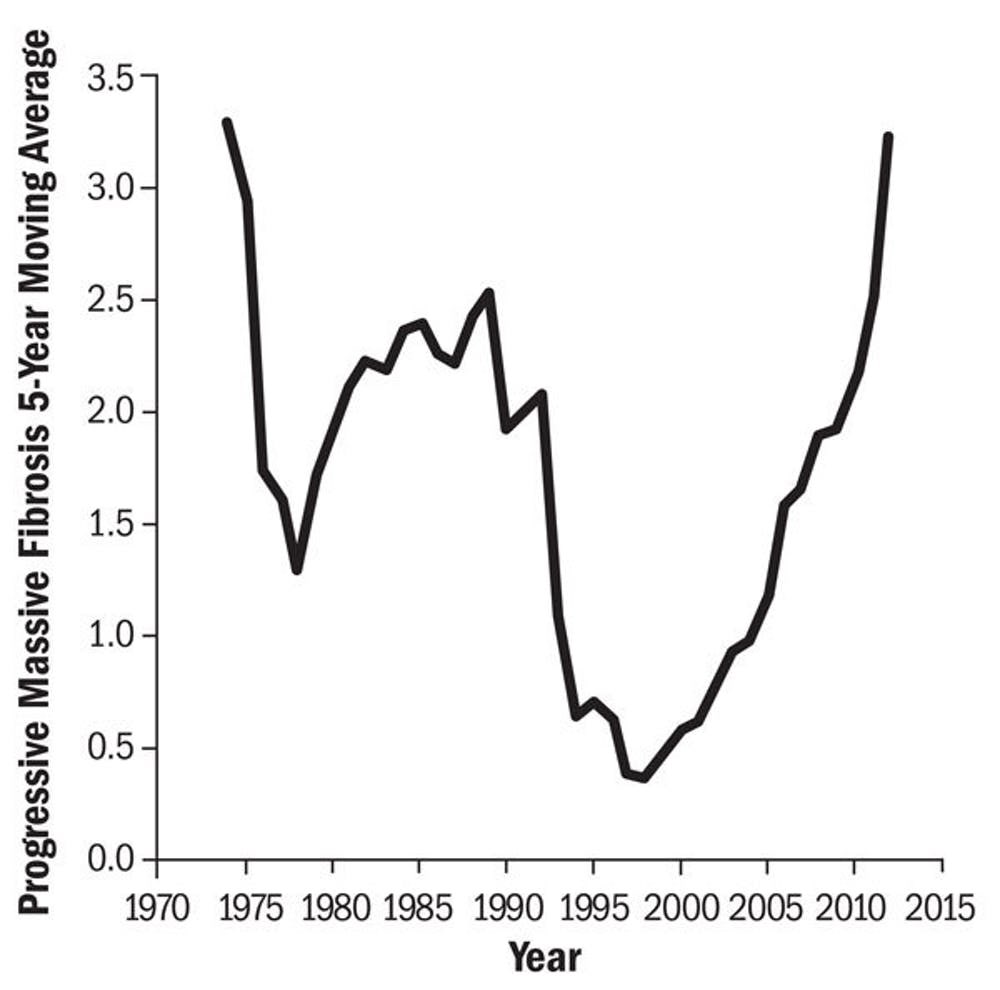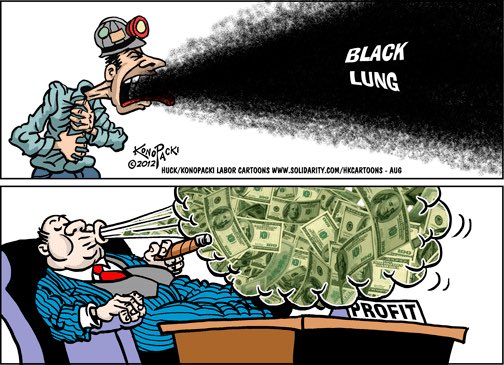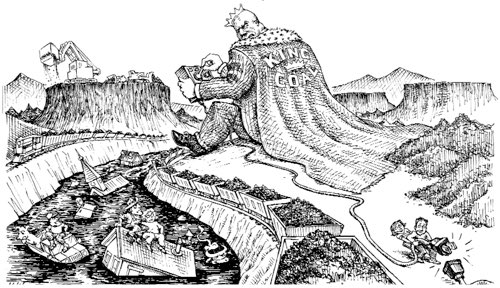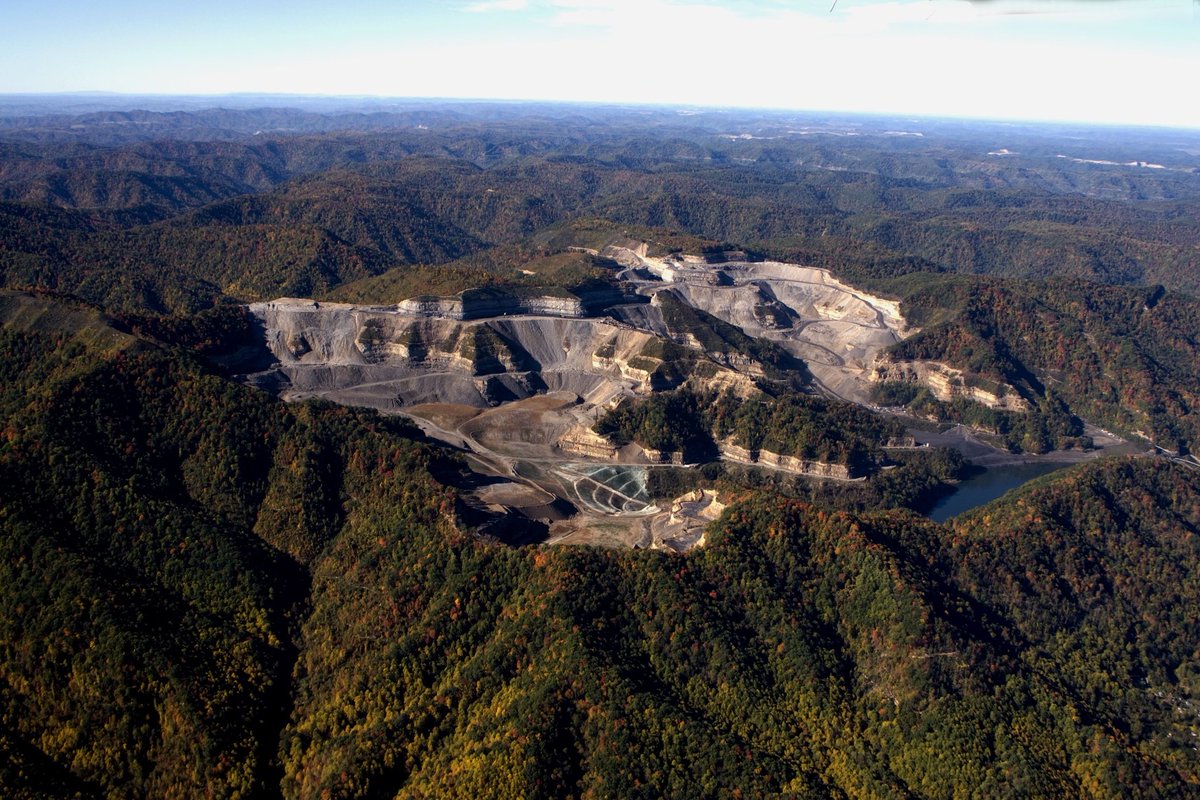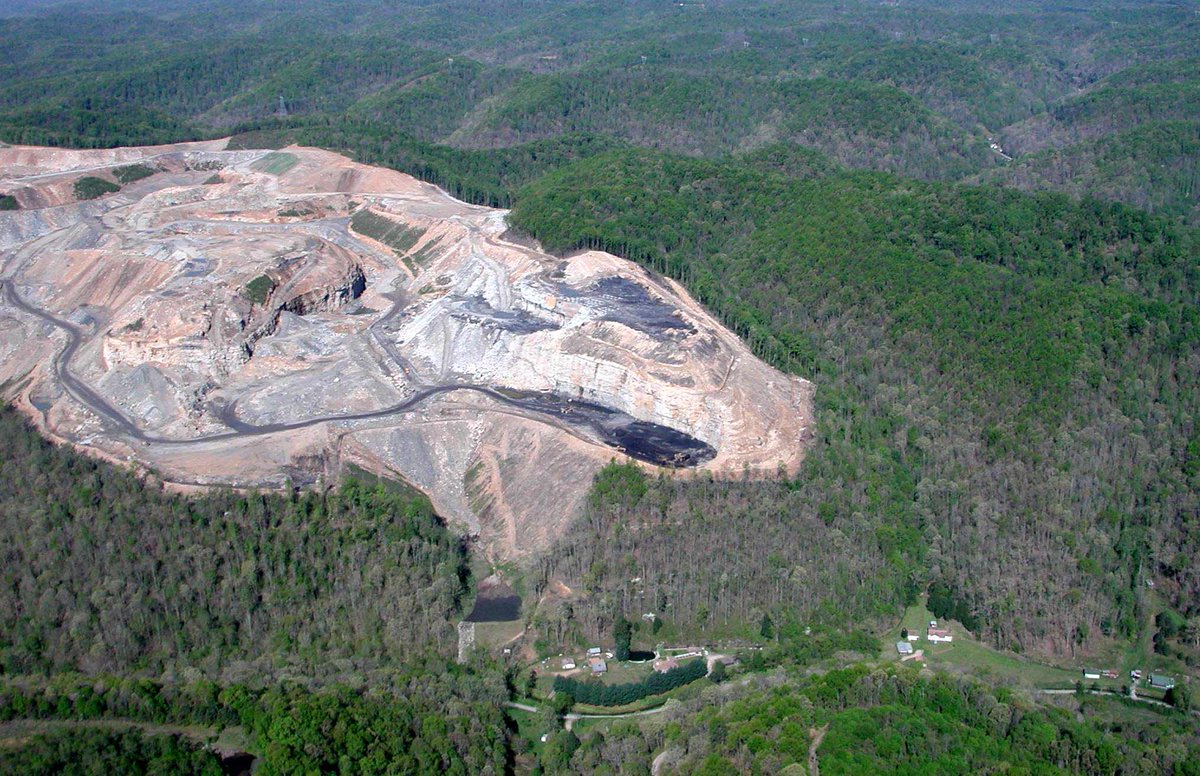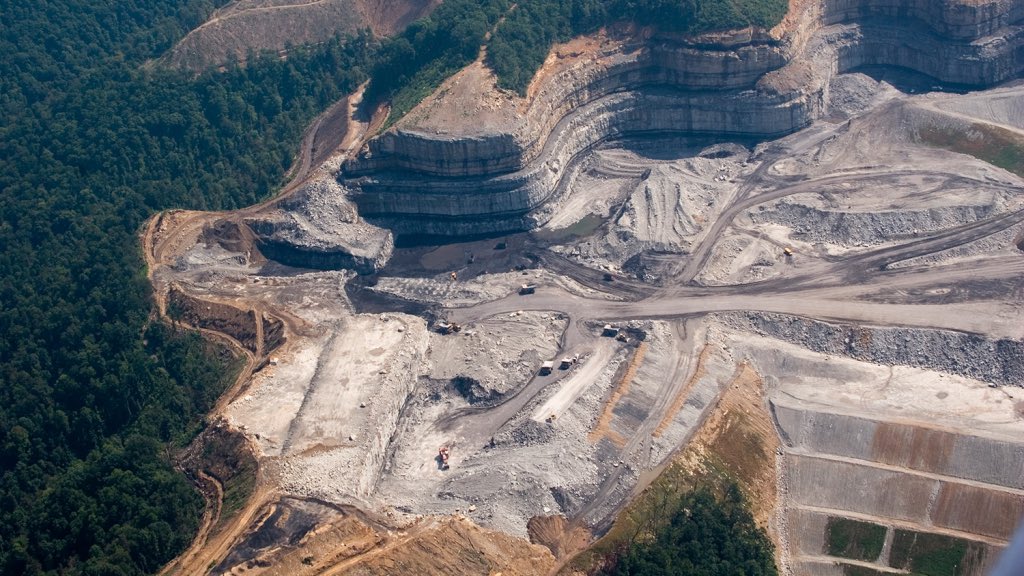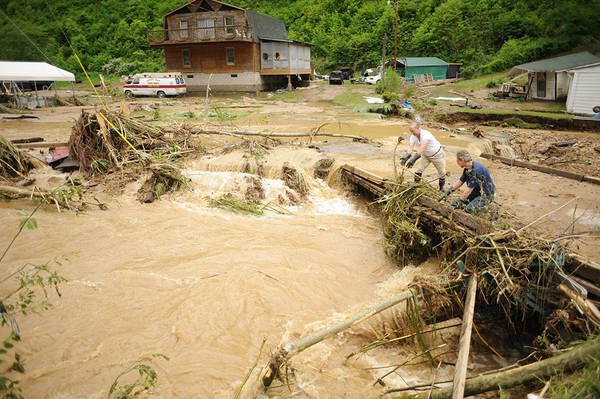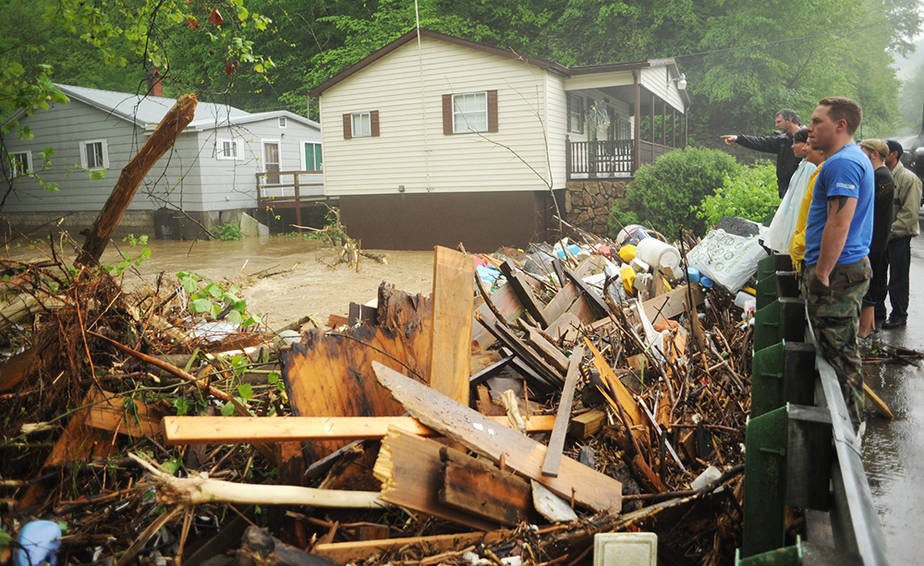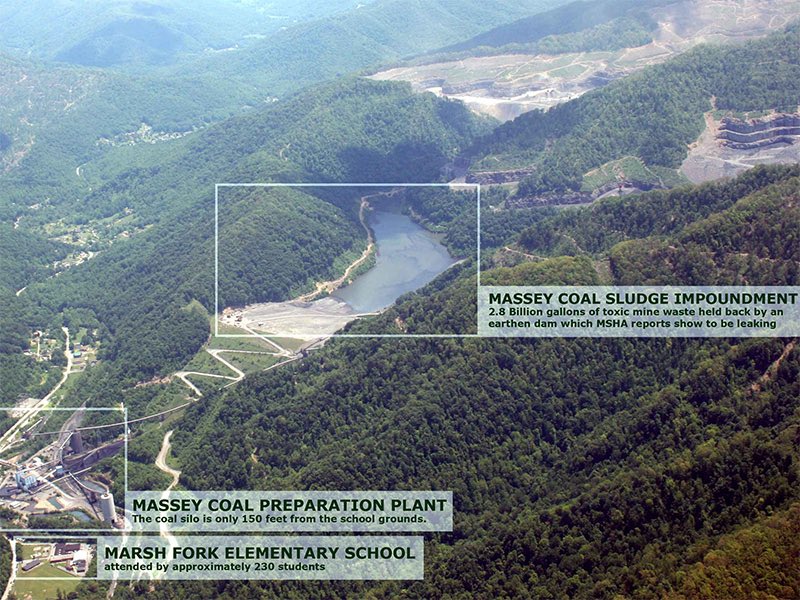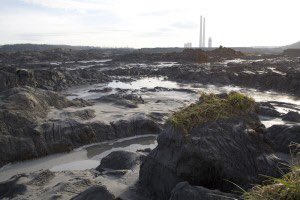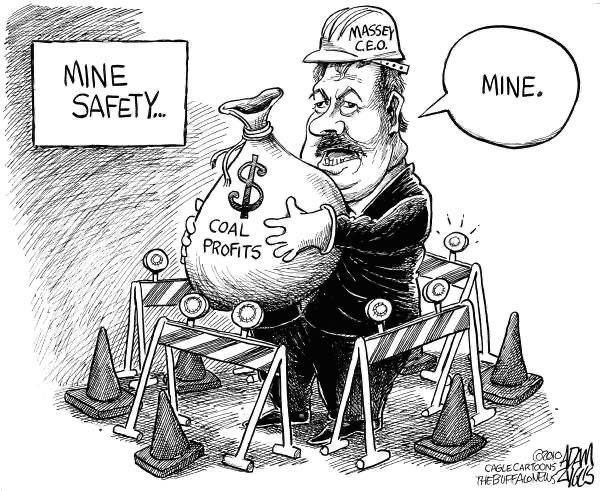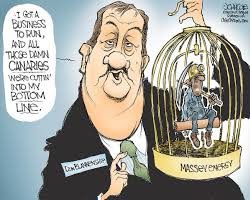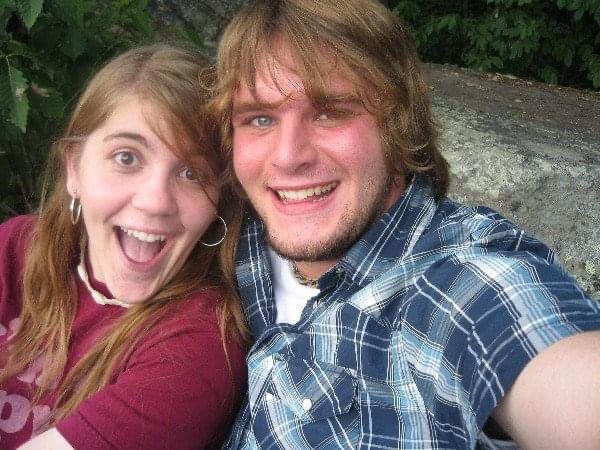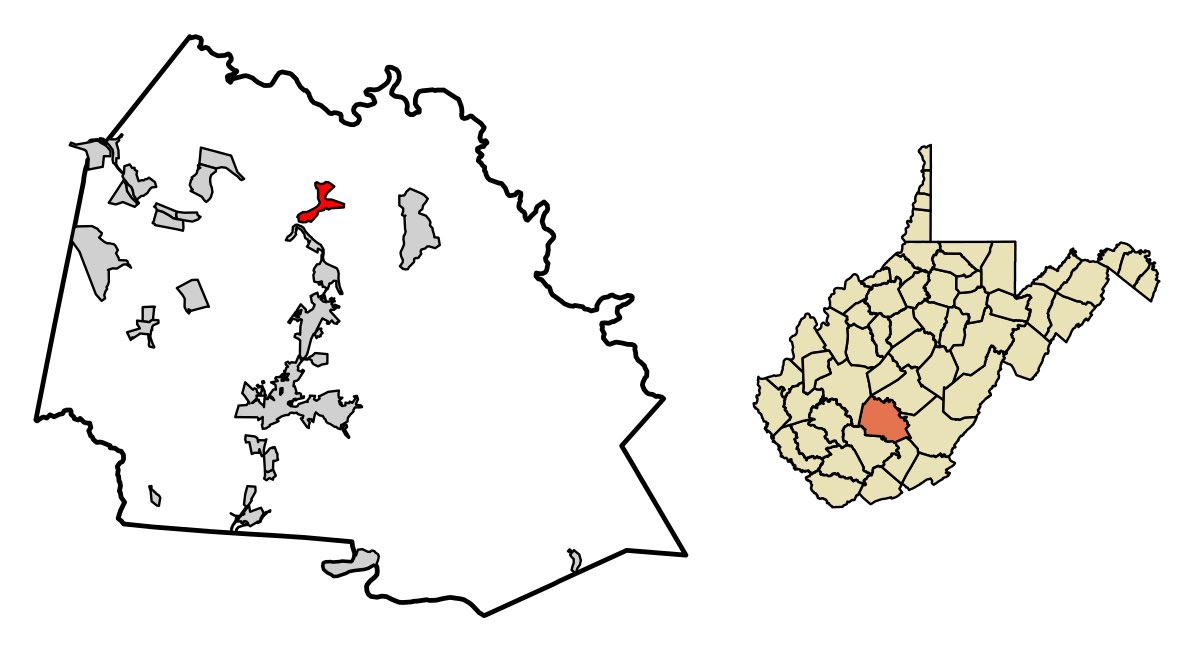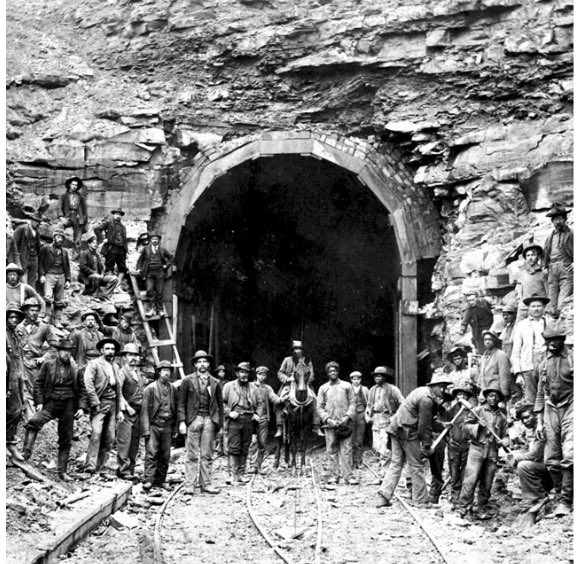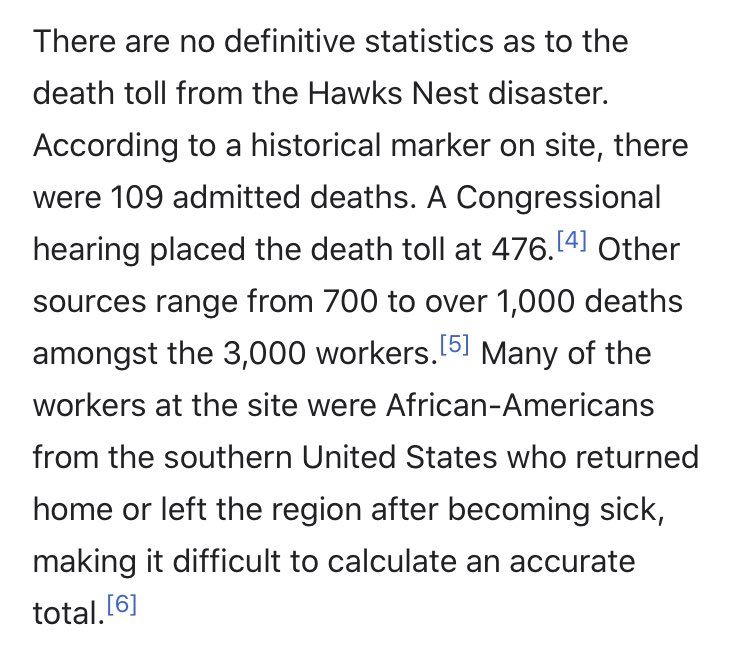Since I’m only 5 pages in and already have so much I want to share, I’m going to start a live tweet thread of this book from @ChrisDHamby that I’ll update as I read over the next few weeks.
As a pulmonologist from WV, this book combines many of my favorite things.
As a pulmonologist from WV, this book combines many of my favorite things.
Chest imaging, PFTs, and coal worker’s lung disease meets fighting for justice for Appalachians who have been slighted and endangered by companies for money.
Prefacing the book is this song by Hazel Dickens, about her brother Thurman who died of black lung.
https://www.wsws.org/en/articles/2011/05/haze-m09.html">https://www.wsws.org/en/articl...
https://www.wsws.org/en/articles/2011/05/haze-m09.html">https://www.wsws.org/en/articl...
The book follows John Cline, a man from southern WV who went to law school at age 53 so that he could represent coal miners stricken by black lung.
For reference, this is taking place near the red https://abs.twimg.com/emoji/v2/... draggable="false" alt="❌" title="Kreuzzeichen" aria-label="Emoji: Kreuzzeichen">. The capital is Charleston (
https://abs.twimg.com/emoji/v2/... draggable="false" alt="❌" title="Kreuzzeichen" aria-label="Emoji: Kreuzzeichen">. The capital is Charleston ( https://abs.twimg.com/emoji/v2/... draggable="false" alt="⭐️" title="Mittelgroßer Stern" aria-label="Emoji: Mittelgroßer Stern">).
https://abs.twimg.com/emoji/v2/... draggable="false" alt="⭐️" title="Mittelgroßer Stern" aria-label="Emoji: Mittelgroßer Stern">).
I’m from Greenbrier co (the https://abs.twimg.com/emoji/v2/... draggable="false" alt="🏡" title="Haus mit Garten" aria-label="Emoji: Haus mit Garten">).
https://abs.twimg.com/emoji/v2/... draggable="false" alt="🏡" title="Haus mit Garten" aria-label="Emoji: Haus mit Garten">).
For reference, this is taking place near the red
I’m from Greenbrier co (the
“Nationally prominent doctors had found a lucrative market in supplying the reports and testimony that helped doom miners’ claims.”
Mention of the Upper Big Branch mine explosion of 2010 which killed 29 miners. Massey Energy CEO Don Blankenship, whose mines didn’t follow the safety regulations, got one year in prison.
https://en.m.wikipedia.org/wiki/Upper_Big_Branch_Mine_disaster">https://en.m.wikipedia.org/wiki/Uppe...
https://en.m.wikipedia.org/wiki/Upper_Big_Branch_Mine_disaster">https://en.m.wikipedia.org/wiki/Uppe...
And a step back to highlight this because are there are few things that I identify with more than this idea.
“It is a region steeped in beauty and blood, an expanse of rugged terrain that is the heart of Appalachia and the embodiment of its contradictions—
breathtaking vistas alongside the scars of faded industrialism, a wealth of natural resources but continued isolation and poverty, indefatigable optimism despite a legacy of neglect and repression.”
“And still, it’s here where average people have banded together, defied disheartening defeats, and won striking victories with dogged grassroots activism.
Because of the allure of southern WV’s buried treasure and it’s defiant mountaineer ethos, the area has been the scene of historic clashes between rank-and-file agitators and the coal industry that so controlled their lives.
Some of the bloodiest battles in the history of American labor have played out here.”
“...a couple of themes that reappear throughout WV’s history: control of natural resources by capitalists from afar and a tilt in the scales of justice toward these moguls and their top-flight lawyers.”
“Anyone who buys the stereotype of the simple-minded mountaineer who must make his living with brute labor because he is incapable of more high-minded pursuits surely hasn’t spent much time talking with coal miners.”
“But while technology brought stunning advances in production, it didn’t bring comparable advances in safety and health. Miners continued to die at an alarming clip.”
PDF of an 1831 case written up by James C Gregory, a Scottish Doctor, who on autopsy found a coal miner’s lungs to be totally black.
“both lungs presented one uniform carbonaceous color, pervading every part of their substance.”
https://www.researchgate.net/publication/285199992_Case_of_particular_black_infiltration_of_the_whole_lungs_resembling_melanosis/fulltext/5bbea275299bf1010178b5fa/Case-of-particular-black-infiltration-of-the-whole-lungs-resembling-melanosis.pdf?origin=publication_detail">https://www.researchgate.net/publicati...
“both lungs presented one uniform carbonaceous color, pervading every part of their substance.”
https://www.researchgate.net/publication/285199992_Case_of_particular_black_infiltration_of_the_whole_lungs_resembling_melanosis/fulltext/5bbea275299bf1010178b5fa/Case-of-particular-black-infiltration-of-the-whole-lungs-resembling-melanosis.pdf?origin=publication_detail">https://www.researchgate.net/publicati...
November 1969, Farmington mine explosions in Marion Co, WV.
78 miners died. After a week of fires, they sealed the mine to choke off the flames. They were not able to recover all of the bodies.
https://en.m.wikipedia.org/wiki/Farmington_Mine_disaster">https://en.m.wikipedia.org/wiki/Farm...
78 miners died. After a week of fires, they sealed the mine to choke off the flames. They were not able to recover all of the bodies.
https://en.m.wikipedia.org/wiki/Farmington_Mine_disaster">https://en.m.wikipedia.org/wiki/Farm...
Dr. IE Buff, a cardiologist in Charleston (where I did residency) at the time used this opportunity to try to convince others that coal worker’s lung disease was real and was killing miners.
His daughter Dr. Judith Buff, a dermatologist, died of cancer. Her mother established a scholarship in her name at @WVUMedSchool (my alma mater).
It benefits WV women who are either first gen, descendants of WV miners, or interested in miners’ health. https://wvumedicine.org/news/article/dr--judith-buff-memorial-scholarship-fund-created-for-coal-miners--daughters/">https://wvumedicine.org/news/arti...
It benefits WV women who are either first gen, descendants of WV miners, or interested in miners’ health. https://wvumedicine.org/news/article/dr--judith-buff-memorial-scholarship-fund-created-for-coal-miners--daughters/">https://wvumedicine.org/news/arti...
Together with a couple other physicians including Dr. Rasmussen, they formed Physicans for Miners’ Health and Safety. https://www.google.com/amp/s/www.nytimes.com/2015/08/03/health/research/dr-donald-l-rasmussen-crusader-for-coal-miners-health-dies-at-87.amp.html">https://www.google.com/amp/s/www...
“The region was like a mine saturated with methane; with one small spark, there’d be one hell of a conflagration. The Farmington disaster proved to be that spark.”
I’m February of 1969, there was a 200 miner wildcat strike in Raleigh county, which led to a 2,000 miner march in Charleston, which led to a 40,000 miner strike (the largest in US history?) demanding workers compensation reform regarding black lung.
https://www.npr.org/2018/11/23/670147046/how-a-1968-disaster-in-a-coal-mine-changed-the-industry">https://www.npr.org/2018/11/2...
https://www.npr.org/2018/11/23/670147046/how-a-1968-disaster-in-a-coal-mine-changed-the-industry">https://www.npr.org/2018/11/2...
Mention of Dr. Dan Doyle, a physician from Indiana who did his family med training in Massachusetts, then moved to SWV to start a rural clinic.
I worked in this clinic as an MS4 and remember him being there, but didn’t realize any of this at the time!
I worked in this clinic as an MS4 and remember him being there, but didn’t realize any of this at the time!
This clinic was my first exposure to pulmonary rehab. There was an amazing and invested RT there who ran the place so well.
This is Dr. Doyle’s write up of their experience. https://pubmed.ncbi.nlm.nih.gov/28306684/ ">https://pubmed.ncbi.nlm.nih.gov/28306684/...
This is Dr. Doyle’s write up of their experience. https://pubmed.ncbi.nlm.nih.gov/28306684/ ">https://pubmed.ncbi.nlm.nih.gov/28306684/...
When I was an MS4 I got to put together our Gold Humanism Summit. They left the topic up to me and my best med school friend. We chose medicine in Appalachia. The aforementioned RT did the first session on the pulm rehab center.
. @DrDinoBeckett did a session on their amazing work in Williamson, WV.
@PatriceHarrisMD (originally from SWV) also spoke.
It was an event that I was really proud of that I’ve since sort of forgotten that I coordinated, so this was a nice memory.
(I was also v. pregnant)
@PatriceHarrisMD (originally from SWV) also spoke.
It was an event that I was really proud of that I’ve since sort of forgotten that I coordinated, so this was a nice memory.
(I was also v. pregnant)
A miner that the author observed doing a CPET invited him to his next family reunion in Eastern Kentucky and that is just so Appalachia.
And some throw back pictures of my family get togethers because I miss my family and I miss get togethers in general.
Did you know that the incidence of Black Lung is increasing again?
It is—Progressive Massive Fibrosis in particular (which is a whole ‘nother thread for another time).
https://www.cdc.gov/niosh/updates/upd-07-20-18.html">https://www.cdc.gov/niosh/upd...
It is—Progressive Massive Fibrosis in particular (which is a whole ‘nother thread for another time).
https://www.cdc.gov/niosh/updates/upd-07-20-18.html">https://www.cdc.gov/niosh/upd...
Re: excessive litigation and drawn out legal processes (we’re talking 3-5 years after a case initially won) by the coal companies:
“The plunging approval rate and the increasing complexity and delays proved to be more than enough to scare off most lawyers who would even consider
“The plunging approval rate and the increasing complexity and delays proved to be more than enough to scare off most lawyers who would even consider
representing miners.”
One lawyer said, “It does leave a lot of poor people without representation.”
One lawyer said, “It does leave a lot of poor people without representation.”
So if you make a system complex, time sucking, and resource consuming enough then people who don’t have the time and money that a company has won’t be able to navigate and fight it, and the company will eventually always be off the hook.
Tale as old as time.
Tale as old as time.
Re: Tom Johnson, a Chicago lawyer who got his degree from Harvard.
“‘To the extent there was any point in going’ to law school, he said, ‘it was that I was going to try to make a change and do something different, identify with the people on the short end of the stick.’”
“‘To the extent there was any point in going’ to law school, he said, ‘it was that I was going to try to make a change and do something different, identify with the people on the short end of the stick.’”
I googled him to read more about his involvement with black lung, and found that he and his wife (also an attorney) were found stabbed to death in their home earlier this year.  https://abs.twimg.com/emoji/v2/... draggable="false" alt="😞" title="Enttäuschtes Gesicht" aria-label="Emoji: Enttäuschtes Gesicht"> https://www.google.com/amp/s/www.chicagotribune.com/suburbs/oak-park/ct-oak-park-death-investigation-tl-0416-20200414-qhijjmsvmraodkddla6xup6tum-story.html%3foutputType=amp">https://www.google.com/amp/s/www...
https://abs.twimg.com/emoji/v2/... draggable="false" alt="😞" title="Enttäuschtes Gesicht" aria-label="Emoji: Enttäuschtes Gesicht"> https://www.google.com/amp/s/www.chicagotribune.com/suburbs/oak-park/ct-oak-park-death-investigation-tl-0416-20200414-qhijjmsvmraodkddla6xup6tum-story.html%3foutputType=amp">https://www.google.com/amp/s/www...
Then enters Dr. Bob Cohen, from Northwestern, to help with the medical side of the cases.
“I’m a fighter,’ he later said. ‘I like to take on the big guy and help the little guy, and this was just perfect.” https://twitter.com/NMPulmCritCare/status/1073684178133282816">https://twitter.com/NMPulmCri...
“I’m a fighter,’ he later said. ‘I like to take on the big guy and help the little guy, and this was just perfect.” https://twitter.com/NMPulmCritCare/status/1073684178133282816">https://twitter.com/NMPulmCri...
“The group was still small and overmatched, to be sure, but its members were dedicated and scrappy.”
Remember this guy from early on in the thread?
Well I just read the chapter all about him and I could hardly keep reading it made me so angry. https://twitter.com/emily_fri/status/1317547338274144258">https://twitter.com/emily_fri...
Well I just read the chapter all about him and I could hardly keep reading it made me so angry. https://twitter.com/emily_fri/status/1317547338274144258">https://twitter.com/emily_fri...
Blankenship was had a typical sWVa upbringing—he was poor and he worked hard.
He excelled in business and moved up and up in the coal ranks.
And then he took all of that and used it against WV and the miners for his own selfish gain.
He excelled in business and moved up and up in the coal ranks.
And then he took all of that and used it against WV and the miners for his own selfish gain.
He used capitalist and political rhetoric to convince everyone that coal was king, and a benevolent one at that.
He used mountain top removal, which is where you blow the forest off the mountain top to get to the coal.
It’s not pretty, it destroys the woods, and worst of all it has community health and safety implications.
It’s not pretty, it destroys the woods, and worst of all it has community health and safety implications.
“The people living in the hollows below felt the brunt of the blasting. Dust coated their homes, and waste ended up in their creeks. Without vegetation to help absorb rainfall, flooding intensified. Residents complained of contaminated water and clusters of strange illnesses.”
“Lakes of sludge held back by dams loomed over communities and, in one instance, an elementary school.”
“One notorious spill from a Massey impoundment in eastern Kentucky contaminated the water supply of thousands.”
“One notorious spill from a Massey impoundment in eastern Kentucky contaminated the water supply of thousands.”
He also ran his mines non-union, and exploited and threatened the miners, hiding unsafe mining practices in the name of “running coal”—as fast and as much as possible.
“The problem was that these production goals were almost impossible to meet by operating within the law. Health and safety regulations mandated various tasks throughout a shift, and each one took time—time that wasn’t spent mining coal.”
Someone recently asked me,
“Why do so many people who have been victimized by this industry so staunchly defend it?”
Let me take a break from the book to try to explain the complicated relationship that Appalachians have with coal.
“Why do so many people who have been victimized by this industry so staunchly defend it?”
Let me take a break from the book to try to explain the complicated relationship that Appalachians have with coal.
It is hard to come by jobs that will support a family in many parts of Appalachia.
It’s even harder without an education, and there are unfortunately a lot of barriers to obtaining an education in Appalachia.
It’s even harder without an education, and there are unfortunately a lot of barriers to obtaining an education in Appalachia.
For decades+, people have been forced into a catch 22—
Figuratively speaking, do you bite the manipulative, selfish hand that feeds you their scraps, the result of which is starvation?
Or do you just bite your tongue and deal, potentially compromising your personal safety?
Figuratively speaking, do you bite the manipulative, selfish hand that feeds you their scraps, the result of which is starvation?
Or do you just bite your tongue and deal, potentially compromising your personal safety?
To many, the second option is more palatable than the first because at least their family is financially taken care of.
A well paying job is a well paying job.
A well paying job is a well paying job.
Now I think with this underlying dilemma, a dash of politics, a bit of rhetoric, and manipulative leaders we arrive at this staunch support of the industry.
Many Appalachians see any threat to coal as a threat to their livelihood, and honestly they are not wrong about that.
Many Appalachians see any threat to coal as a threat to their livelihood, and honestly they are not wrong about that.
The issue is nuanced and emotional, and I get frustrated when people who don’t understand this have no grace and no space for the people for whom this is their immediate reality.
Regarding The Lawyers’ Constitution in the early years after WV seceded from VA—
“these early land laws and the court decisions interpreting them—defined in large part by these lawyer-statesmen—are a good starting point for those seeking to understand
“these early land laws and the court decisions interpreting them—defined in large part by these lawyer-statesmen—are a good starting point for those seeking to understand
how a state so rich in natural resources could have so many citizens trapped in poverty.”
Mention of the WV Mine Wars.
Thread from Labor Day about this topic here: https://twitter.com/emily_fri/status/1303073760854056960">https://twitter.com/emily_fri...
Thread from Labor Day about this topic here: https://twitter.com/emily_fri/status/1303073760854056960">https://twitter.com/emily_fri...
Mention of another WV industrial disaster, which really needs its own separate thread.
My husband and his family lived in Ansted, WV and we spent a lot of our dating years at Hawk’s Nest State Park.
(old pic from 2006 at one of the overlooks included for fun)
My husband and his family lived in Ansted, WV and we spent a lot of our dating years at Hawk’s Nest State Park.
(old pic from 2006 at one of the overlooks included for fun)
In 1930, men (3/4 of them Black) dug and drilled through silica in deplorable work conditions (including the threat of guns) to create the Hawk’s Nest Tunnel.
Hundreds died of silicosis.
You can read more here.
https://en.m.wikipedia.org/wiki/Hawks_Nest_Tunnel_disaster">https://en.m.wikipedia.org/wiki/Hawk...
Hundreds died of silicosis.
You can read more here.
https://en.m.wikipedia.org/wiki/Hawks_Nest_Tunnel_disaster">https://en.m.wikipedia.org/wiki/Hawk...
Coincidentally our state senator tweeted this today. https://twitter.com/sen_joemanchin/status/1321818362054352897">https://twitter.com/sen_joema...
Re: these lawyers who were clearly not on the side of the people in WV—
they “...were not likely to quibble about the defects in WVs economy, for that economy assuredly worked for him. WV thus remained the way it was because the most powerful WVians liked it that way.”
they “...were not likely to quibble about the defects in WVs economy, for that economy assuredly worked for him. WV thus remained the way it was because the most powerful WVians liked it that way.”
This is too complex to tweet specifics, but this book is illustrating the difference between people who practice law and/or medicine with integrity and those who do not, and just how much power you can gain and then wield against someone when you don’t mind being crooked.
And this opposite theme of just how much good you can do if you’re willing to take things on, over and over again—
“The idea of a small-town legal practitioner taking on the state’s largest and most powerful firm appealed to his underdog mentality...”
“The idea of a small-town legal practitioner taking on the state’s largest and most powerful firm appealed to his underdog mentality...”
Oh and keep following if you really want to see me upset. I think we’re about to talk about the crooked doctors who were involved in intentionally misreading the studies for the coal company’s gain.
Re: the docs reading as +CWP
“But they were coalfield physicians; though they had extensive experience with black lung, they didn’t possess elite institutional affiliations or lengthy CV studded with prestigious awards and lists of published articles and formal presentations.”
“But they were coalfield physicians; though they had extensive experience with black lung, they didn’t possess elite institutional affiliations or lengthy CV studded with prestigious awards and lists of published articles and formal presentations.”
“The doctors who had interpreted Caldwell’s X-rays as negative for black lung did possess those trophies.”
Do you hear that? That’s seething that you hear.
Do you hear that? That’s seething that you hear.
This touches on both my hatred of doing crooked things for money/power, AND my hatred of pedigree and publications as proof of clinical competence.
“I don’t think I need the medical literature” is not a thing any doctor should ever say, no matter how many criteria you’ve developed, articles you’ve published, or patients you’ve treated.
An article on the (former) Johns Hopkins Black Lung program, and the head radiologist who didn’t need medical literature. This is just so ugly. https://www.google.com/amp/s/abcnews.go.com/amp/US/amid-controversy-johns-hopkins-quietly-drops-black-lung/story%3fid=34161753">https://www.google.com/amp/s/abc...

 Read on Twitter
Read on Twitter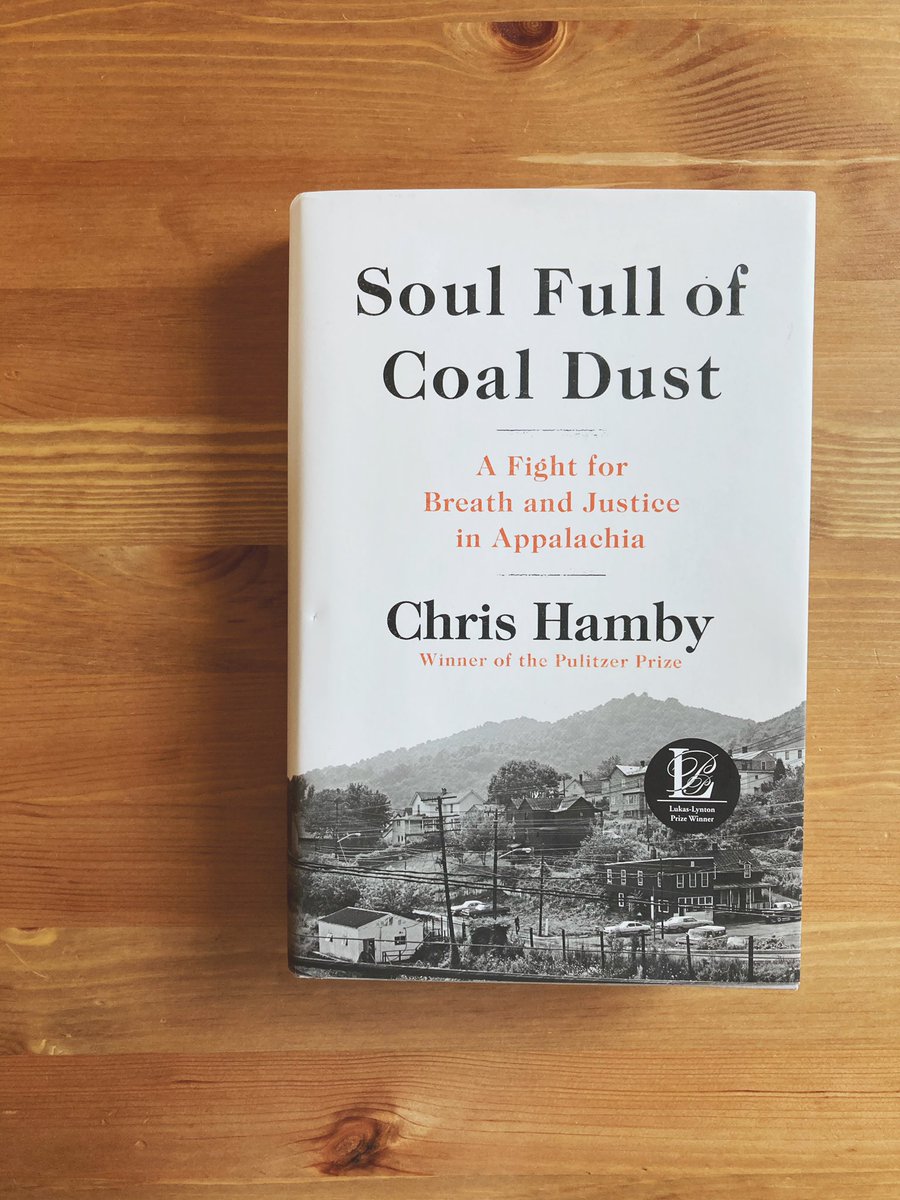
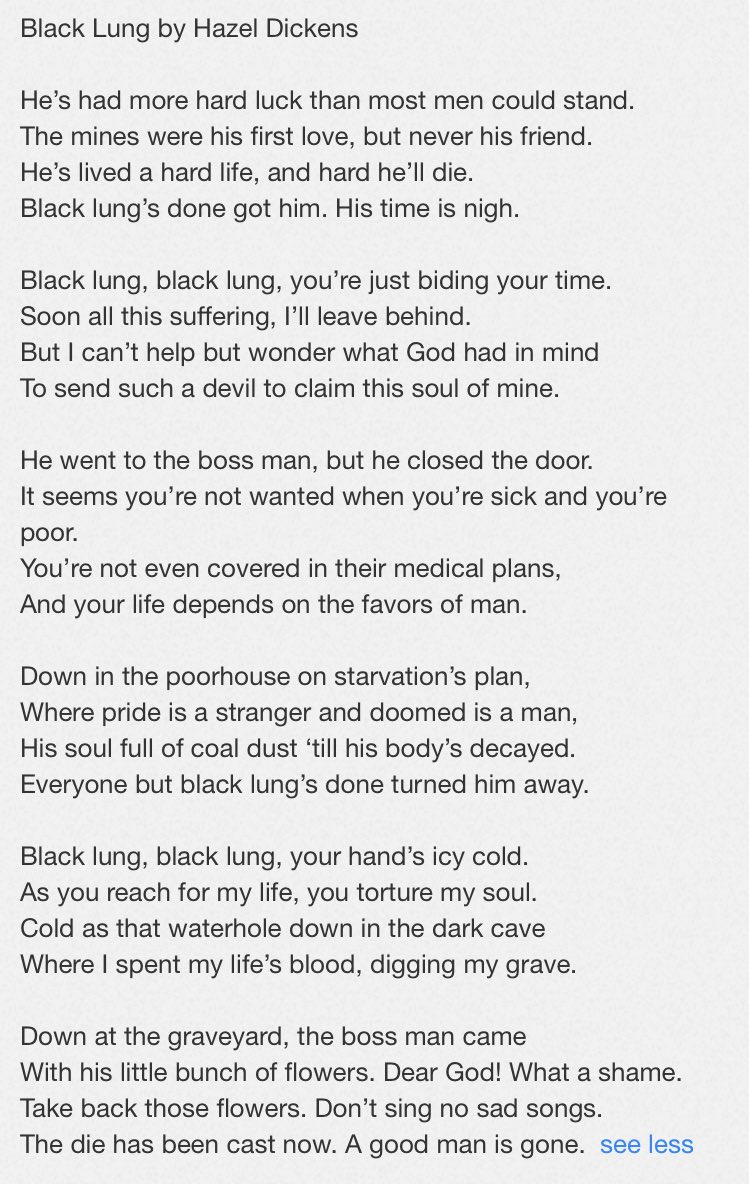
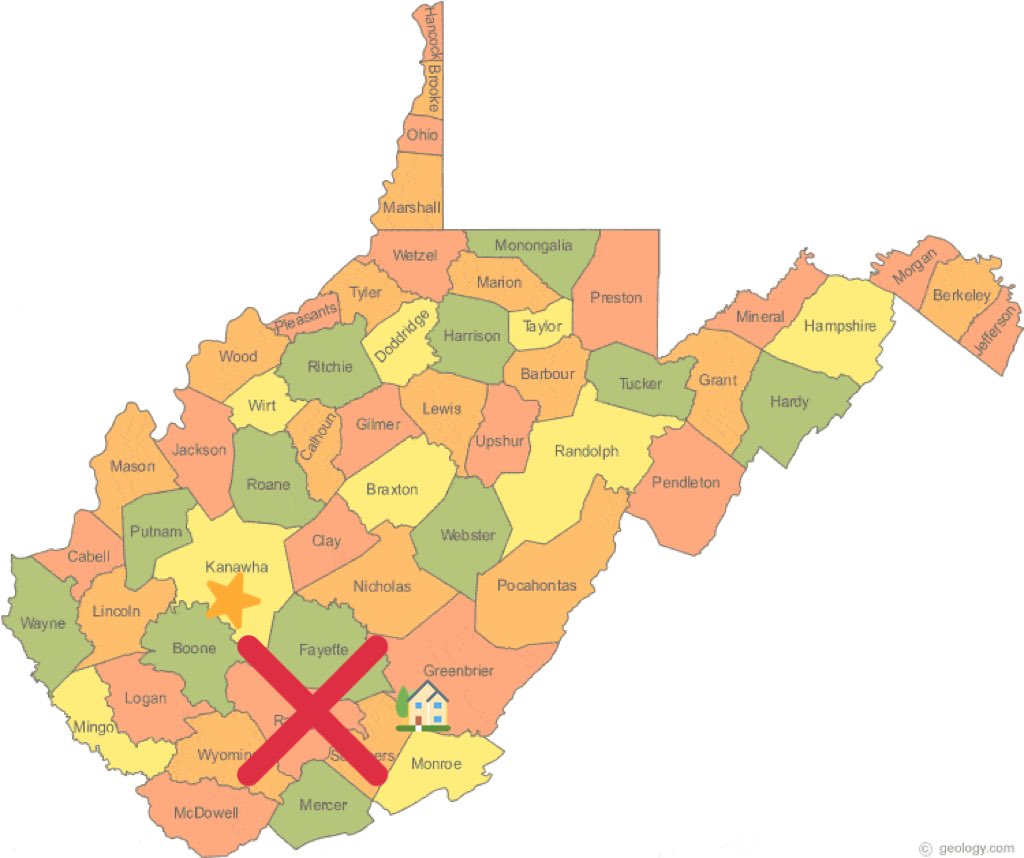 . The capital is Charleston (https://abs.twimg.com/emoji/v2/... draggable="false" alt="⭐️" title="Mittelgroßer Stern" aria-label="Emoji: Mittelgroßer Stern">).I’m from Greenbrier co (the https://abs.twimg.com/emoji/v2/... draggable="false" alt="🏡" title="Haus mit Garten" aria-label="Emoji: Haus mit Garten">)." title="The book follows John Cline, a man from southern WV who went to law school at age 53 so that he could represent coal miners stricken by black lung. For reference, this is taking place near the red https://abs.twimg.com/emoji/v2/... draggable="false" alt="❌" title="Kreuzzeichen" aria-label="Emoji: Kreuzzeichen">. The capital is Charleston (https://abs.twimg.com/emoji/v2/... draggable="false" alt="⭐️" title="Mittelgroßer Stern" aria-label="Emoji: Mittelgroßer Stern">).I’m from Greenbrier co (the https://abs.twimg.com/emoji/v2/... draggable="false" alt="🏡" title="Haus mit Garten" aria-label="Emoji: Haus mit Garten">)." class="img-responsive" style="max-width:100%;"/>
. The capital is Charleston (https://abs.twimg.com/emoji/v2/... draggable="false" alt="⭐️" title="Mittelgroßer Stern" aria-label="Emoji: Mittelgroßer Stern">).I’m from Greenbrier co (the https://abs.twimg.com/emoji/v2/... draggable="false" alt="🏡" title="Haus mit Garten" aria-label="Emoji: Haus mit Garten">)." title="The book follows John Cline, a man from southern WV who went to law school at age 53 so that he could represent coal miners stricken by black lung. For reference, this is taking place near the red https://abs.twimg.com/emoji/v2/... draggable="false" alt="❌" title="Kreuzzeichen" aria-label="Emoji: Kreuzzeichen">. The capital is Charleston (https://abs.twimg.com/emoji/v2/... draggable="false" alt="⭐️" title="Mittelgroßer Stern" aria-label="Emoji: Mittelgroßer Stern">).I’m from Greenbrier co (the https://abs.twimg.com/emoji/v2/... draggable="false" alt="🏡" title="Haus mit Garten" aria-label="Emoji: Haus mit Garten">)." class="img-responsive" style="max-width:100%;"/>
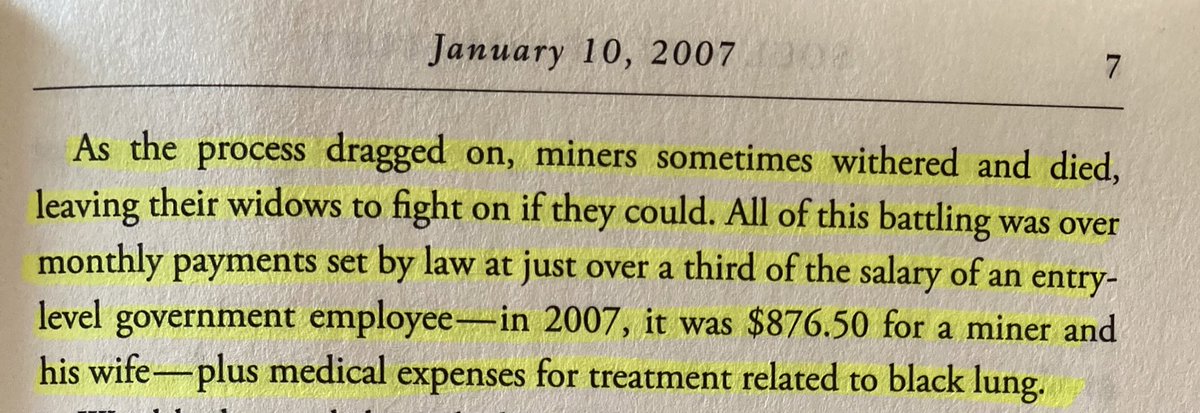 . The capital is Charleston (https://abs.twimg.com/emoji/v2/... draggable="false" alt="⭐️" title="Mittelgroßer Stern" aria-label="Emoji: Mittelgroßer Stern">).I’m from Greenbrier co (the https://abs.twimg.com/emoji/v2/... draggable="false" alt="🏡" title="Haus mit Garten" aria-label="Emoji: Haus mit Garten">)." title="The book follows John Cline, a man from southern WV who went to law school at age 53 so that he could represent coal miners stricken by black lung. For reference, this is taking place near the red https://abs.twimg.com/emoji/v2/... draggable="false" alt="❌" title="Kreuzzeichen" aria-label="Emoji: Kreuzzeichen">. The capital is Charleston (https://abs.twimg.com/emoji/v2/... draggable="false" alt="⭐️" title="Mittelgroßer Stern" aria-label="Emoji: Mittelgroßer Stern">).I’m from Greenbrier co (the https://abs.twimg.com/emoji/v2/... draggable="false" alt="🏡" title="Haus mit Garten" aria-label="Emoji: Haus mit Garten">)." class="img-responsive" style="max-width:100%;"/>
. The capital is Charleston (https://abs.twimg.com/emoji/v2/... draggable="false" alt="⭐️" title="Mittelgroßer Stern" aria-label="Emoji: Mittelgroßer Stern">).I’m from Greenbrier co (the https://abs.twimg.com/emoji/v2/... draggable="false" alt="🏡" title="Haus mit Garten" aria-label="Emoji: Haus mit Garten">)." title="The book follows John Cline, a man from southern WV who went to law school at age 53 so that he could represent coal miners stricken by black lung. For reference, this is taking place near the red https://abs.twimg.com/emoji/v2/... draggable="false" alt="❌" title="Kreuzzeichen" aria-label="Emoji: Kreuzzeichen">. The capital is Charleston (https://abs.twimg.com/emoji/v2/... draggable="false" alt="⭐️" title="Mittelgroßer Stern" aria-label="Emoji: Mittelgroßer Stern">).I’m from Greenbrier co (the https://abs.twimg.com/emoji/v2/... draggable="false" alt="🏡" title="Haus mit Garten" aria-label="Emoji: Haus mit Garten">)." class="img-responsive" style="max-width:100%;"/>

